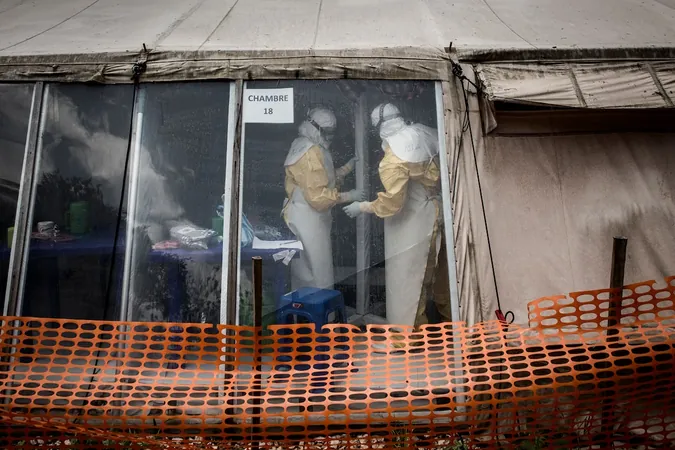
Global Health Crisis: The New Ebola Outbreak in Congo Challenges a Weakened System
2025-09-04
Author: Michael
A New Threat Emerges in Congo
A fresh Ebola outbreak in the Democratic Republic of the Congo (DRC) has raised alarm bells worldwide, claiming the lives of 15 individuals and casting a spotlight on the vulnerabilities of the global health response. Experts warn that this crisis will severely test the global capacity to address health emergencies, particularly in light of significant funding cuts from the United States.
Ebola Strikes Again: The Current Situation
Confirmed just last Thursday, the outbreak was traced back to Kasai province, where laboratory tests validated the presence of the Zaire strain of the Ebola virus. With 28 suspected cases and a daunting 54% fatality rate, health officials are scrambling to contain the escalating situation.
The Impact of U.S. Health Aid Cuts
Historically, the U.S. has been an invaluable ally in combating Ebola outbreaks in Africa, contributing both funding and critically needed medical personnel. However, the Trump administration's withdrawal from the World Health Organization and cuts to global health initiatives have raised concerns about the adequacy of the current response. Patrick Otim, an emergency-response manager for the WHO, emphasized, 'The recent aid cuts will definitely have an impact,' signaling the potential ramifications of reduced global collaboration.
Organizational Turmoil: CDC's Role in Jeopardy
The Trump administration's overhaul of U.S. health organizations has led to a significant reduction in support. This includes the dismantling of the U.S. Agency for International Development (USAID) and the removal of key personnel at the Centers for Disease Control and Prevention (CDC), which has left the CDC reeling and ill-prepared to tackle outbreaks like this one.
Rapid Response Needed to Combat the Virus
The WHO detected initial Ebola symptoms as early as August 20, when a pregnant woman was admitted with severe symptoms. Health workers are tragically among those who have succumbed to the virus, highlighting the urgency of the situation. Increased transmission rates are anticipated, with Dr. Otim stating, 'Case numbers are likely to increase as the transmission is ongoing.'
Congo’s Previous Success: Will History Repeat?
This is the 16th Ebola outbreak since the virus was first identified in 1976. While health officials in Congo remain hopeful—drawing on experience from the last outbreak in 2022, which was contained in just three months—they acknowledge the need for crucial international support. Current resources include 2,000 doses of an Ebola vaccine earmarked for immediate deployment.
Challenges on the Ground: A Burdened Health System
As Congo faces a simultaneous mpox outbreak, its healthcare system is already stretched thin. WHO’s deputy representative in the Congo, Jean Baptiste Nikiema, voiced concern over this burden. To address these challenges, the WHO is dispatching two tonnes of essential supplies including mobile lab equipment and personal protective gear to the outbreak zone, although access is complicated due to the remote location.
Concerns for the Future: Undetected Cases?
The troubling aspect of this outbreak is the number of fatalities prior to the virus's identification. Analysts like Jeremy Konyndyk warn that lapses in surveillance might hint at multiple generations of transmission, suggesting there could be many undetected cases circulating. With Ebola being transmitted through bodily fluids of infected individuals, the urgency to act swiftly cannot be overstated.
Conclusion: A Call for Global Unity
As the world watches, the DRC’s ability to manage this crisis will rely heavily on international cooperation and support. As Dr. Otim aptly noted, 'Diseases do not respect borders.' The stage is set for a significant global test of solidarity and collective action in the face of a daunting health emergency.
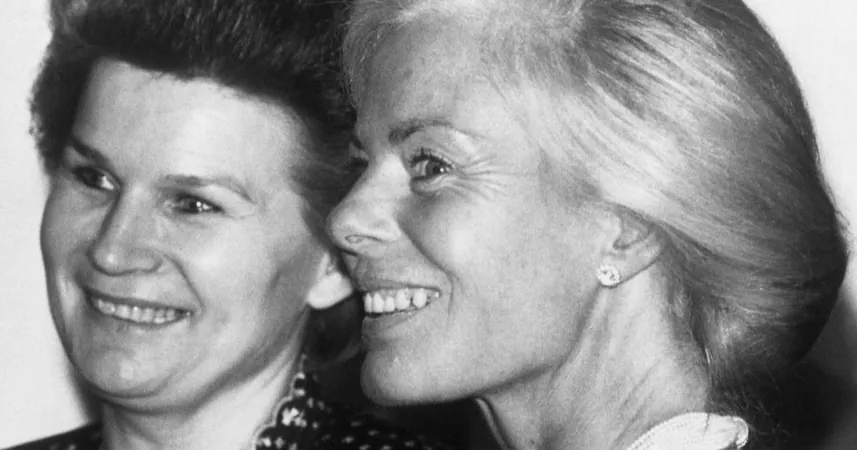


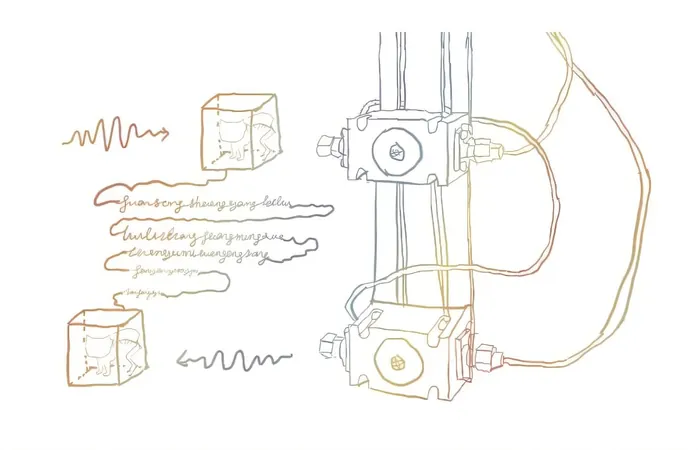
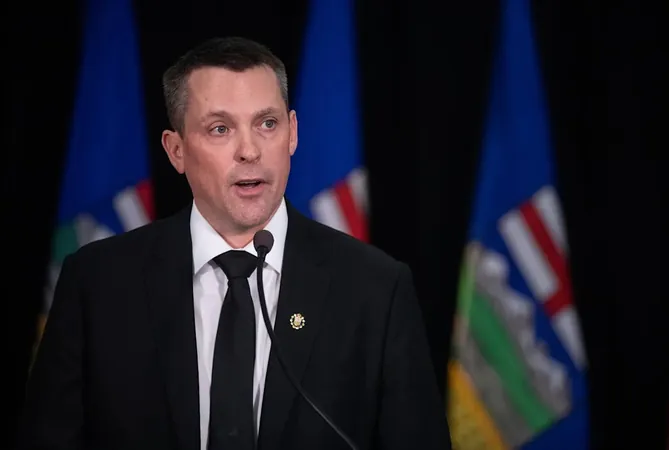


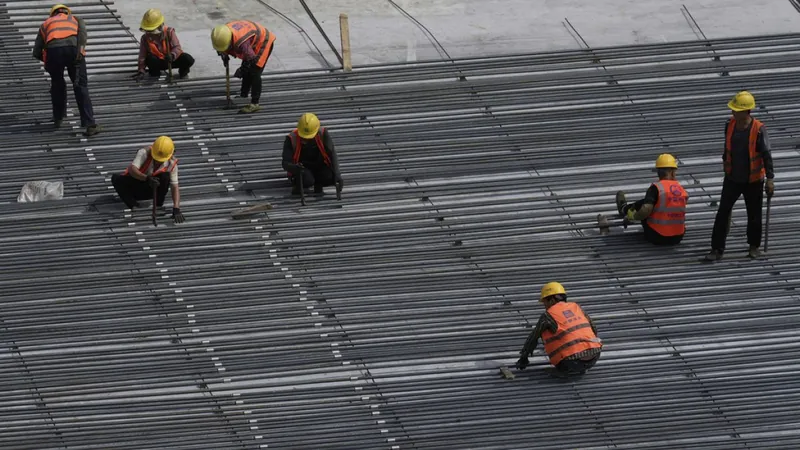

 Brasil (PT)
Brasil (PT)
 Canada (EN)
Canada (EN)
 Chile (ES)
Chile (ES)
 Česko (CS)
Česko (CS)
 대한민국 (KO)
대한민국 (KO)
 España (ES)
España (ES)
 France (FR)
France (FR)
 Hong Kong (EN)
Hong Kong (EN)
 Italia (IT)
Italia (IT)
 日本 (JA)
日本 (JA)
 Magyarország (HU)
Magyarország (HU)
 Norge (NO)
Norge (NO)
 Polska (PL)
Polska (PL)
 Schweiz (DE)
Schweiz (DE)
 Singapore (EN)
Singapore (EN)
 Sverige (SV)
Sverige (SV)
 Suomi (FI)
Suomi (FI)
 Türkiye (TR)
Türkiye (TR)
 الإمارات العربية المتحدة (AR)
الإمارات العربية المتحدة (AR)